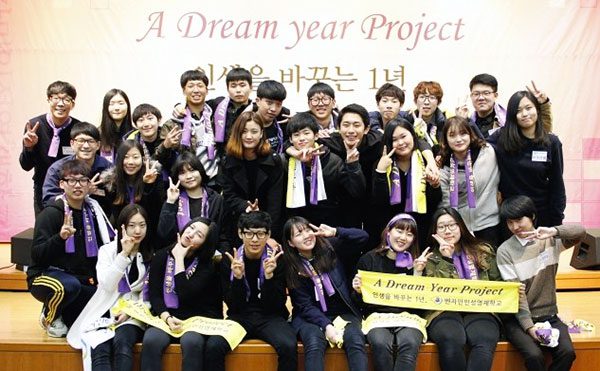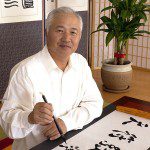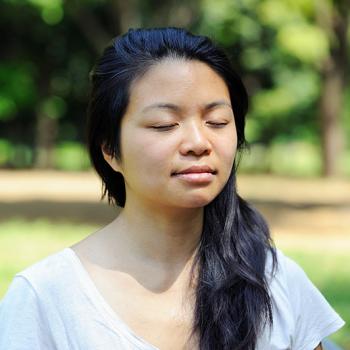
But has education as we know it today really made a better world? Well, certainly it has done much to improve lifestyles and to put food on the tables of people who might have gone hungry otherwise. But in many ways, while material life has improved, the world seems to be facing even more complicated and serious problems than ever before. So, if people have so much more access to education, why hasn’t the world become easier to live in? Why haven’t all these educated people been able to solve the world’s problems?
Whole Human Education
The problem, as I see it, is that our current system does not address the whole person. If you look at this in terms of the human brain, we tend to only educated half the brain—developing the analytical left brain while leaving the intuitive, creative right brain relatively unaddressed. This can be seen easily enough in the emphasis on subjects like math and science while arts programs are quickly discarded whenever budgets get tight.
Also, our current systems rarely look at aspects of the human experience that can’t be defined as an academic subject. For example, can you ever remember receiving instruction in school on how to be happy? If you did, it was probably relegated to a brief inspirational lecture given during a school assembly or at a graduation ceremony. You’ll see school quality measured by standardized tests and grade point averages, but you have probably never seen quality measured based on the happiness of a school’s students and alumni.
Similarly, you don’t often hear parents saying, “I want Johnny to go to that college because their graduates are so honest and generous.” Character education does not seem to figure in to the current thinking about education. What if we as teachers, citizens, and parents were to start demanding education that addresses the whole human being? This, I think is the meaning of enlightened education.
The Benjamin School
I created something in Korea called the Benjamin School for Character Education to address this missing aspect of education—the development of an individual’s personal character. Here, students take a year off from their usual course of education. This year is similar to the “gap year” sometimes taken by Western students, but at Benjamin School we call it a “dream year.” During this year, students are given time to search within for what they would like to do in this world, something that gives them a sense of passion and fulfillment. Based on what they discover about themselves, they complete a project that provides some significant service to the world.
The great result of this experimental education cannot be easily measured in grades and test scores. Rather, students who complete the program gain a sense of confidence through the process of completing the project, and, even more important, a sense of life purpose. And, as a result, most return to their regular studies with more determination and dedication since now they know where they want to go and who they want to become.
Enlightenment Is about Information
As I see it, enlightenment is not an optional luxury anymore. We must grow beyond a limited, ego-based perception of life if we want to solve the problems we are facing today. You could say that enlightenment is about how we use information in this Information Age. Will we use it for selfish, shortsighted goals as we have for too long, or will we use it to benefit all people and to make a truly sustainable way of life for humanity? The answer to this question begins with how we educate our children . . . and in how we educate ourselves.












